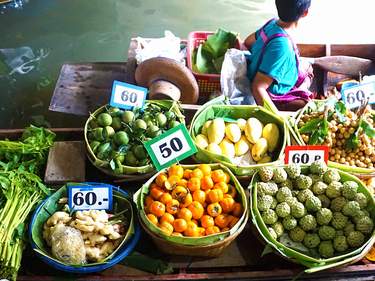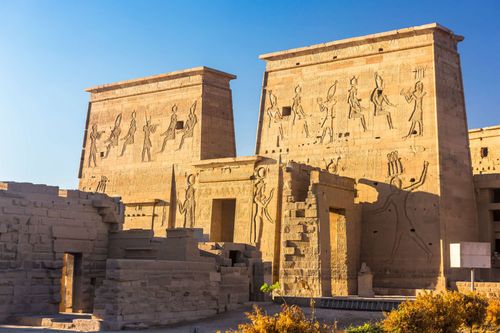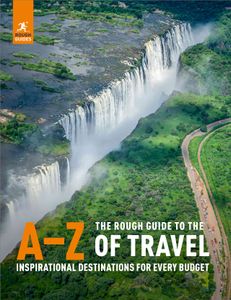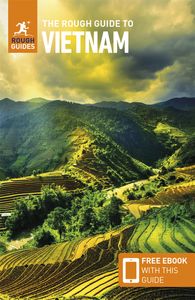Discover more places in Vietnam
- Travel Guide Morocco
- Travel Guide Namibia
- Travel Guide South Africa
- Travel Guide China
- Travel Guide India
- Travel Guide Indonesia
- Travel Guide Japan
- Travel Guide Laos
- Travel Guide Malaysia
- Travel Guide Myanmar (Burma)
- Travel Guide Nepal
- Travel Guide Philippines
- Travel Guide Singapore
- Travel Guide South Korea
- Travel Guide Sri Lanka
- Travel Guide Taiwan
- Travel Guide Thailand
- Travel Guide Australia
- Travel Guide Fiji
- Travel Guide New Zealand
- Travel Guide Belize
- Costa Rica Travel Guide
- Travel Guide Cuba
- Travel Guide Guatemala
- Travel Guide Honduras
- Travel Guide Jamaica
- Travel Guide Nicaragua
- Travel Guide Panama
- Travel Guide Puerto Rico
- Travel Guide Trinidad and Tobago
- Travel Guide Albania
- Travel Guide Austria
- Travel Guide Belgium
- Travel Guide Bosnia-Herzegovina
- Travel Guide Bulgaria
- Travel Guide Cyprus
- Travel Guide Czechia (Czech Republic)
- Travel Guide Denmark
- Travel Guide England
- Travel Guide Estonia
- Travel Guide Finland
- Travel Guide France
- Travel Guide Germany
- Travel Guide Greece
- Travel Guide Hungary
- Iceland Travel Guide
Planning your own trip? Prepare for your trip
Use Rough Guides' trusted partners for great rates















_listing_1680672625412.jpeg)




























